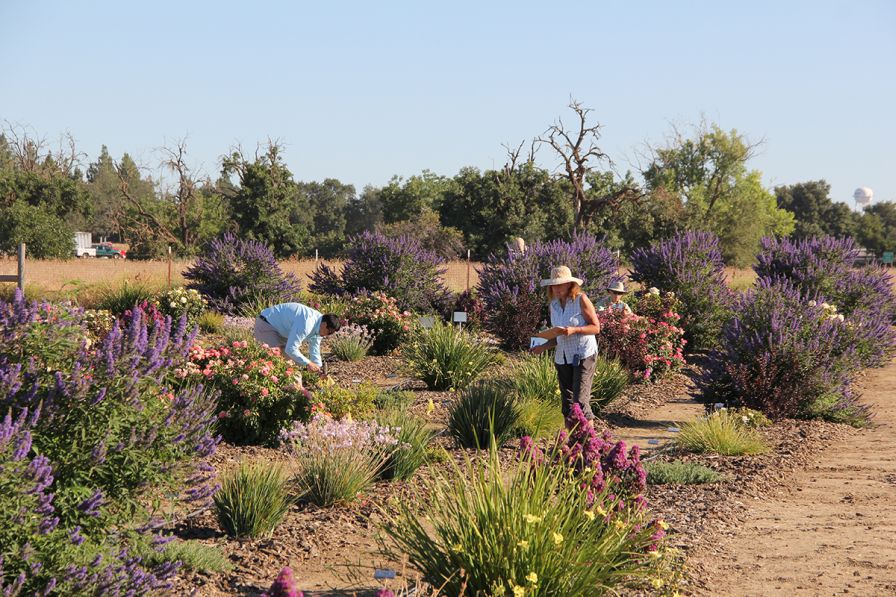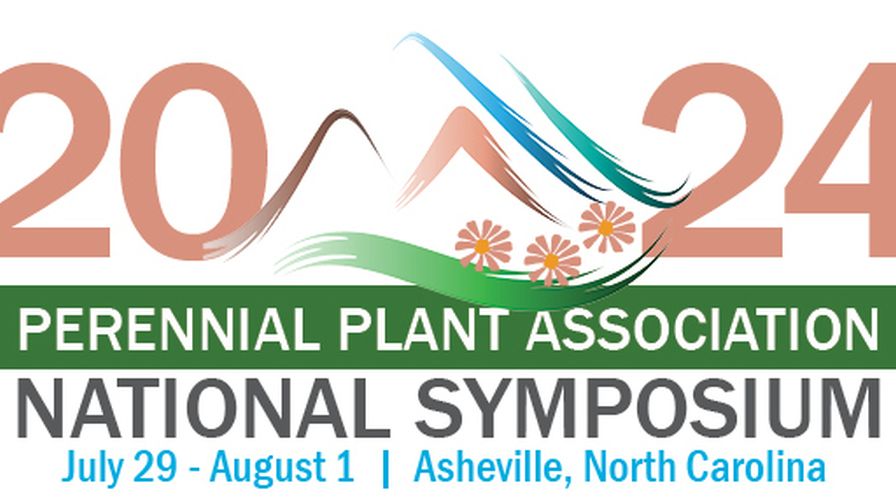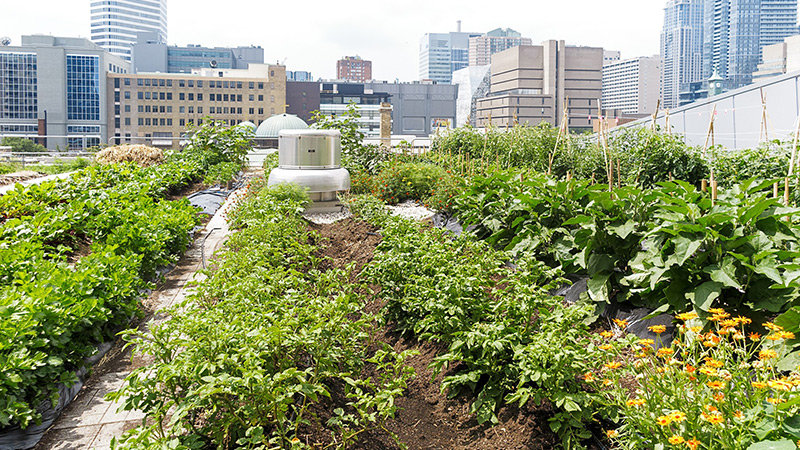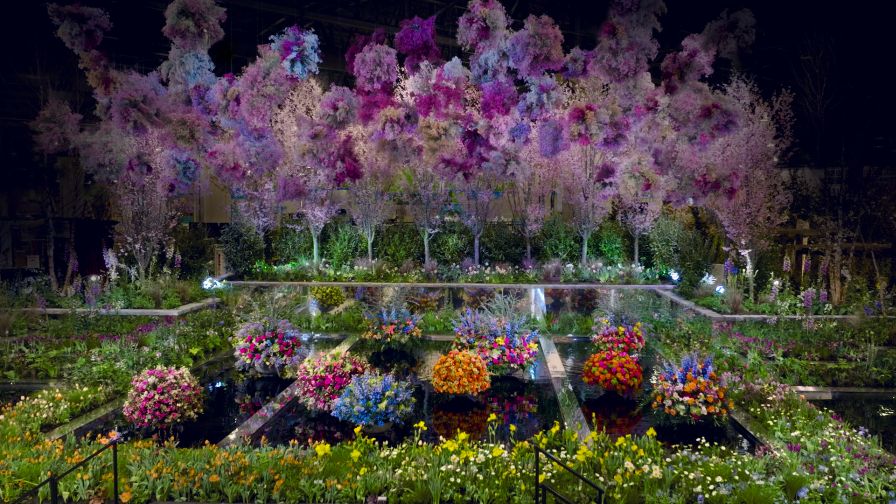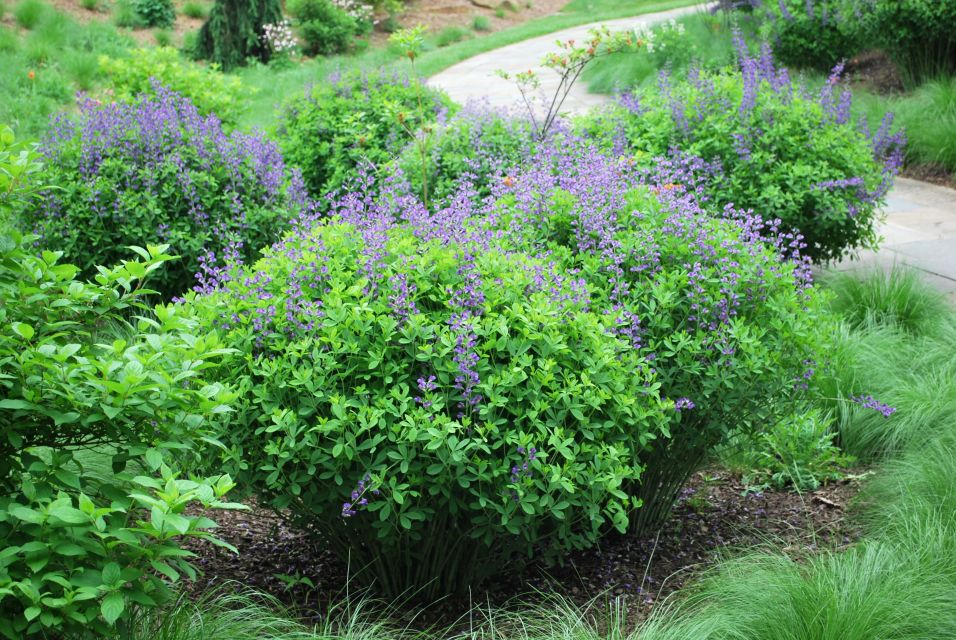How Cannabis Growers Can Highlight Their Sustainable Practices
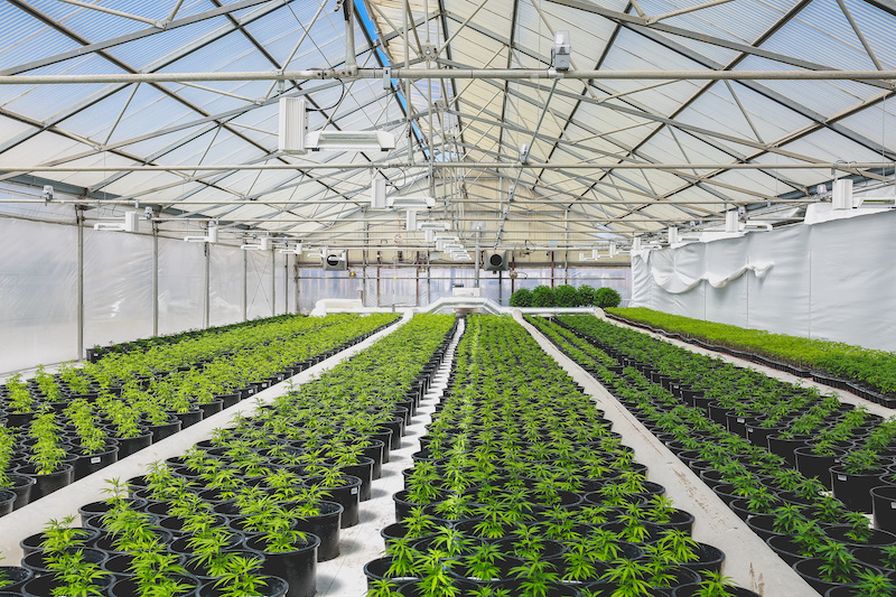 It is important for all growers to incorporate sustainable practices into their operations, and that certainly includes cannabis producers. As the industry continues to grow, Eastern Connecticut State University has established a new certification for cannabis businesses engaged in mindful behavior.
It is important for all growers to incorporate sustainable practices into their operations, and that certainly includes cannabis producers. As the industry continues to grow, Eastern Connecticut State University has established a new certification for cannabis businesses engaged in mindful behavior.
“It prompts businesses to think about what they could be doing,” says Eastern Connecticut State University Institute for Sustainability Interim Director Patricia Szczys.
The New England Sustainable Cannabis Certification was announced during the inaugural “New England Cannabis Research & Education Conference” in October. The theme of the conference was “Growing Plants, Helping People.” Students from Connecticut and several other states attended the conference, as well as industry professionals. It was the first cannabis conference to be held in the state.
In addition to various panels, conference participants had the opportunity to take tours of the university’s greenhouse as well as visit an exhibitor fair, during which numerous businesses presented information about their services. The greenhouse grows several varieties of cannabis, as well as many other plants.
Connecticut Agricultural Experiment Station (CAES) Director Jason White, the featured lunch speaker, said his employer became the state’s hemp regulatory testing laboratory in 2018. The station also grows its own hemp, which it uses for research. Currently, there are only a few laboratories in the state, including CAES, that are used for testing under the Adult Use Cannabis program.
Under the certification program, businesses have the option of taking an informal pledge or applying for a formal evaluation and certification from the Institute for Sustainability. Some measures the businesses will take include reducing solid waste, energy use and water consumption; buying locally; and measuring the well-being of employees.
During a panel about the new certification, Eastern Assistant Biology Professor Bryan Connolly mentioned sustainable practices that the university is using in its greenhouses. That includes the use of hydrogen cells, which generate a significant amount of power, and using LED lights. In the future, the staff also plans to use coir instead of peat in the greenhouse.



